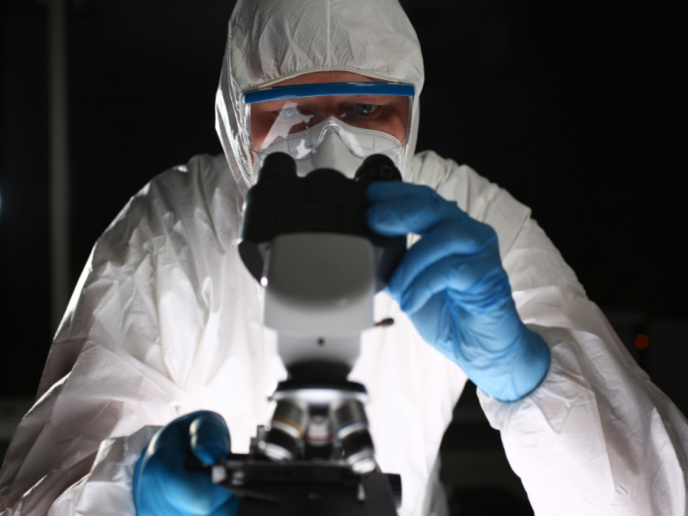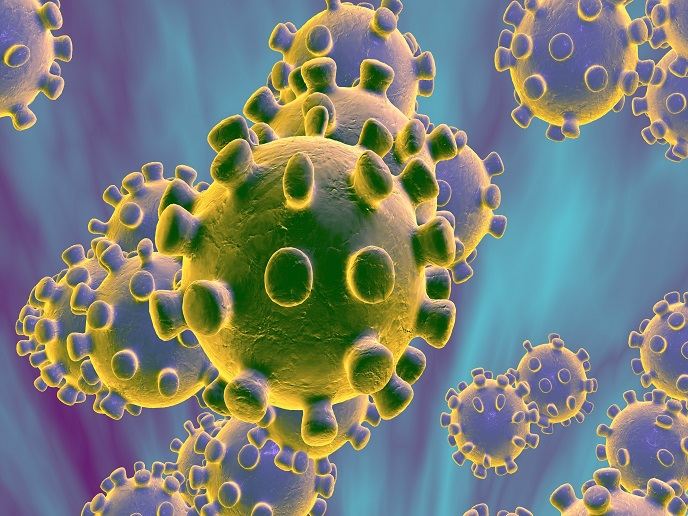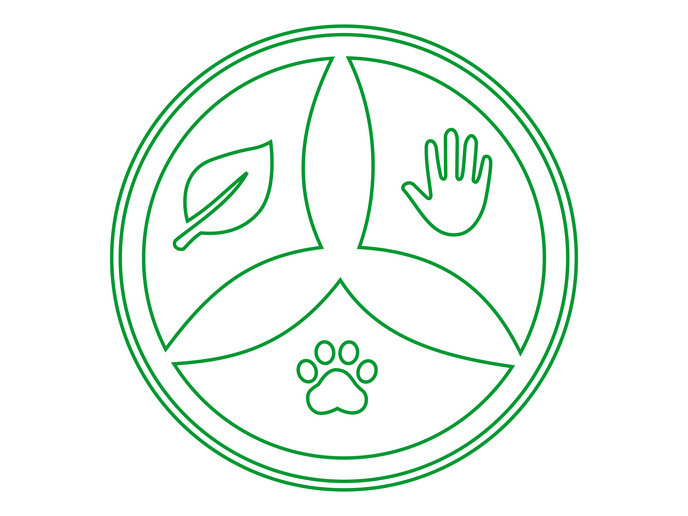The making of preparedness experts in infectious diseases
The increasing human population, the growing numbers of livestock to feed this population, as well as human invasion into natural habitats of wild animals make humans and animals progressively susceptible to host-switching pathogens. On top of this, global trade and climate change are fuelling pathogen transmission. “Infectious outbreaks in animals and humans emerge unexpectedly, as seen with Ebola in West Africa,” notes Lia van der Hoek, project coordinator of the EU-funded HONOURs(opens in new window) project. “Therefore, being prepared for immediate identification of the causing agent and the evaluation of its pathogenic potential for animals and humans is needed.” Preparedness requires expertise in many areas. This is where the HONOURs project stepped in, with the support of the Marie Skłodowska-Curie Actions (MSCA) programme.
Notorious zoonotic viruses
“HONOURs set out to provide top-quality cross-disciplinary and supra sectorial training(opens in new window) to 15 early-stage researchers (ESRs) on different aspects of emerging viral infections and the threat of zoonotic viruses(opens in new window),” explains van der Hoek. The project worked on viruses that either pass on from wildlife to other animals or from animals – wild or livestock – to humans. “There are many viruses that can make these kinds of jumps, with a very high risk of making the new host seriously ill. The ESRs worked on viruses which are notorious for being able to make these kinds of jumps, such as coronaviruses, flaviviruses and bunyaviruses,” notes van der Hoek.
MSCA innovative training network
Involving 11 laboratories from 6 different European countries at the forefront of novel virus investigation and characterisations, the ESRs followed specialised courses supplied by senior scientists. “They received training in the latest techniques available in the field, from new diagnostic tests to animal models to new sequencing techniques and advanced ways to culture these viruses – all very relevant when one works with a virus that is new to us,” highlights van der Hoek. Next to that, expert theoretical knowledge concerning host-jumping viruses was provided. In January 2020, HONOURs also began working on SARS-CoV-2(opens in new window). “The ESRs acted immediately and made fast diagnostic tests and synthetic viruses to act on new SARS-CoV-2 variants of concern. They investigated how fast SARS-CoV-2 is likely to reinfect, why the virus prefers the nose above the lungs, and which animal model to use,” adds van der Hoek. As part of the network, each ESR also worked on an individual research topic(opens in new window) leading to a thesis defence and the awarding of a PhD degree. Topics include, amongst others, infectious diseases and nanotechnology, virus-host interaction in the respiratory epithelium, and detection and quantification of novel viruses.
Ready to act in case of an epidemic
“The growth of the 15 talented young researchers, which was made possible via HONOURs, is the key overall result for me. They are, or are becoming, experts in their field,” highlights van der Hoek. In the long term, the ESRs can use their group connections and each other’s expertise if they need advice or collaboration. Van der Hoek concludes: “The scientific output by the ESRs was amazing and impressive. They have really developed, with excellent publications illustrating this, which can be found on the HONOURs website.”







